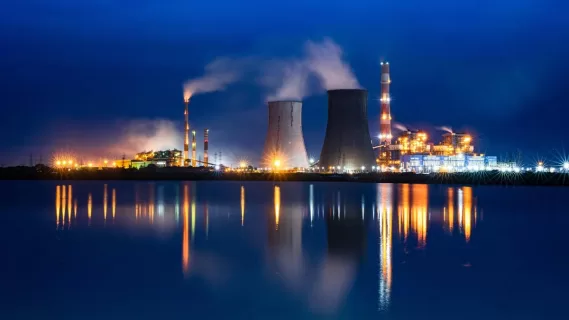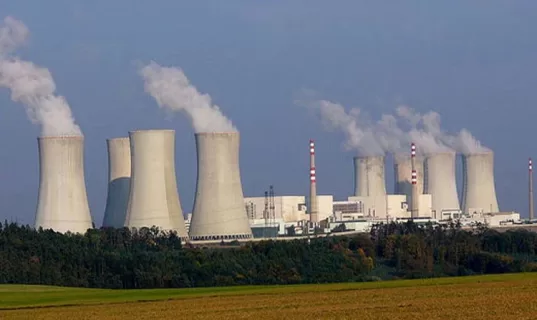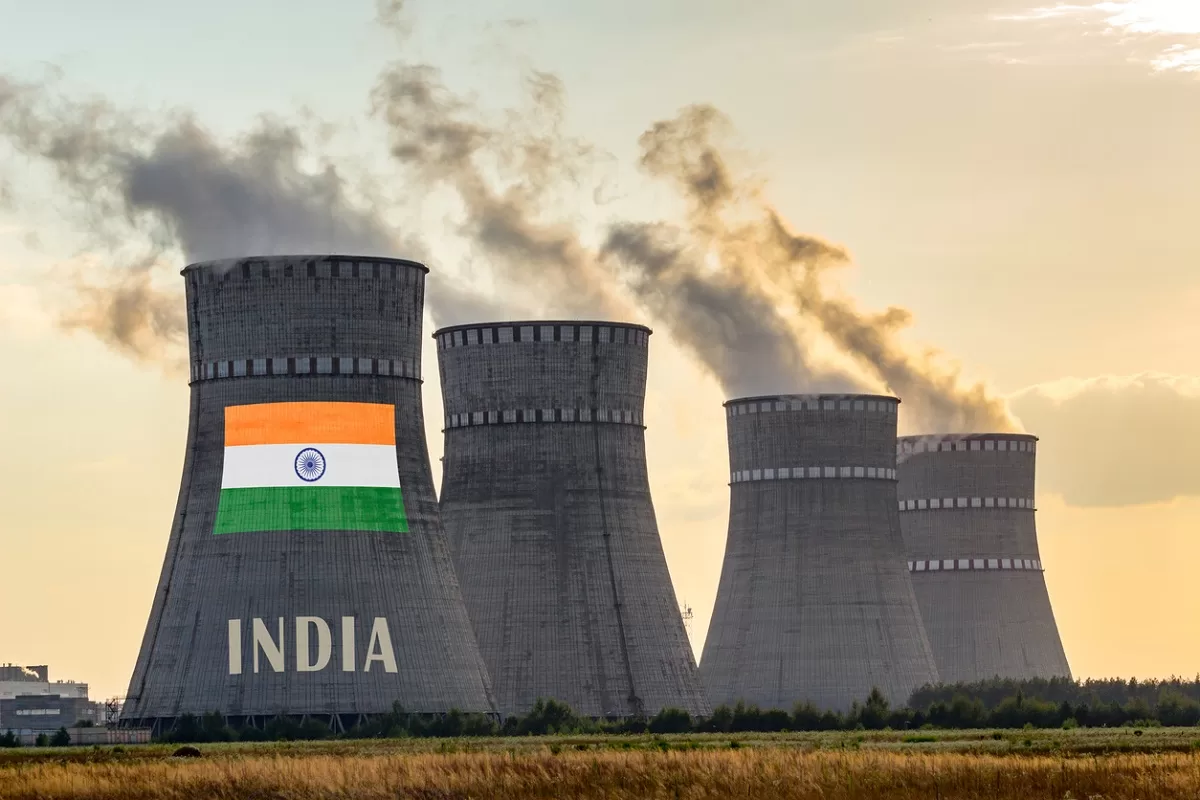Countries around the world are making significant investments to expand their nuclear energy supply. Hence it is imperative to assess India’s energy requirement and the role nuclear power can play to meet the demand. India has established its nuclear power capacity by 2047, up from the present 7.5GW to a notable 00Gw. In April 2024, the country’s Atomic Energy commission Chairman A.K Mohanty, spoke in details about India’s energy as $1.53 Billion India’s Megha Engineering contract is secured.
The energy transition report, addressing key concerns regarding India’s energy trajectory, was released by professor Ajay Kumar Sood, the principal scientific advisor to the government. The report assesses India’s energy needs to achieve a high human development index and outline strategies that reach that goal. Its projects the energy mix until 2070, forecasts end-user electricity costs, and predicts carbon emissions over that period. however, it outlines the investments necessary to achieve net zero energy by 2070, along with the opportunities and challenges inherent in this traditions process.
To achieve net zero emissions, various methods and technologies must be employed in the energy mix. Substantial nuclear and renewable energy production is essential to achieve net zero emission by 2070.
Capacity of the $1.53 Billion India’s Megha Project
With the nuclear capacity likely to be 22.5GWe by the year 2031, Megha Engineering has secured a $1.53bn nuclear power contract in India. The contract was awarded by the country’s Nuclear Power Corporation. MEIL will be responsible for constructing two 700MW electrical reactors at Kaiga in Karnataka. The tendering process, which began in May 2023, culminated in the technical bid opening in October 2023. The latest tender attracted bids from both private and state-owned entities.

MEIL director Peda Subbaiah Chakka in an interview with Indian publications said : “This contract represents the most significant project for MEIL and our strategic entry into the nuclear energy sector.”
Moreover, the government of India recently sanctioned a new interstate transmission system scheme worth Rs135.95bn ($1.63bn) to facilitate the evacuation of 9GW of renewable energy from the states of Rajasthan and Karnataka. The initiatives are part of India’s goal to achieve 500GW of renewable energy by 2030, with 200GW already integrated into the grid. The Rajasthan Renewable Energy Zone scheme will enable the evacuation of 4.5GW of clean energy from complexes within the state.
Adani Groupto Invest $100 Billion in Energy Transition Projects
Additionally, in June 2024 reports emerged that India’s Adani Group plans to invest $100bn in energy transition projects, aiming to produce key components for green energy generation. Speaking at the Catalyst for India’s Future event, held in June 2024 by Crisil, Adani Group chairman Gautam Adani noted that trillion-dollar opportunities in energy transition and digital infrastructure will significantly transform India.

This contract is also going to be a source of employment to a lot of citizens from all over the globe and also is going to improve of the country with a large margin. As one of the SDGs on transforming into green energy, this solar project is inline with the SGDs and also is of great significance as it focus on environmental conservation as it will reduce the use non renewable energies within the state with a large percentage.
Also read: Adani to Construct World’s Largest Renewable Energy Project in Gujarat India
Construction of world’s largest renewable energy park begins, India
